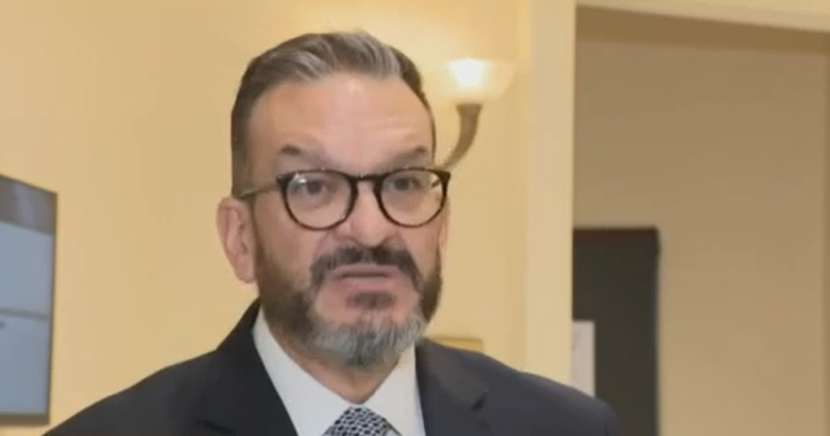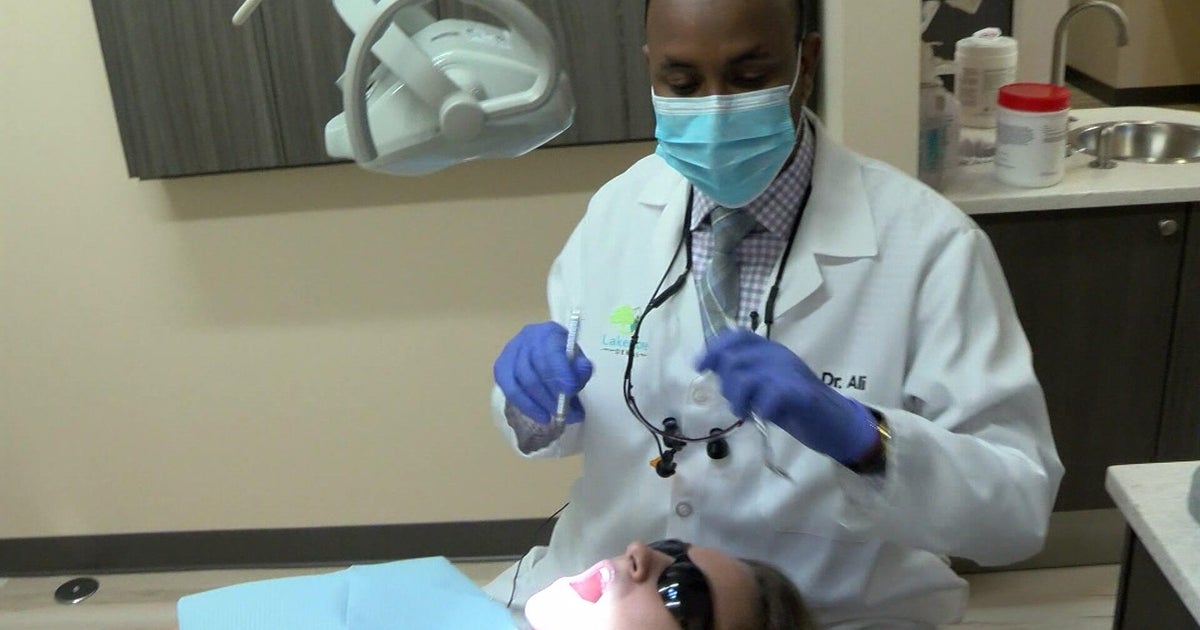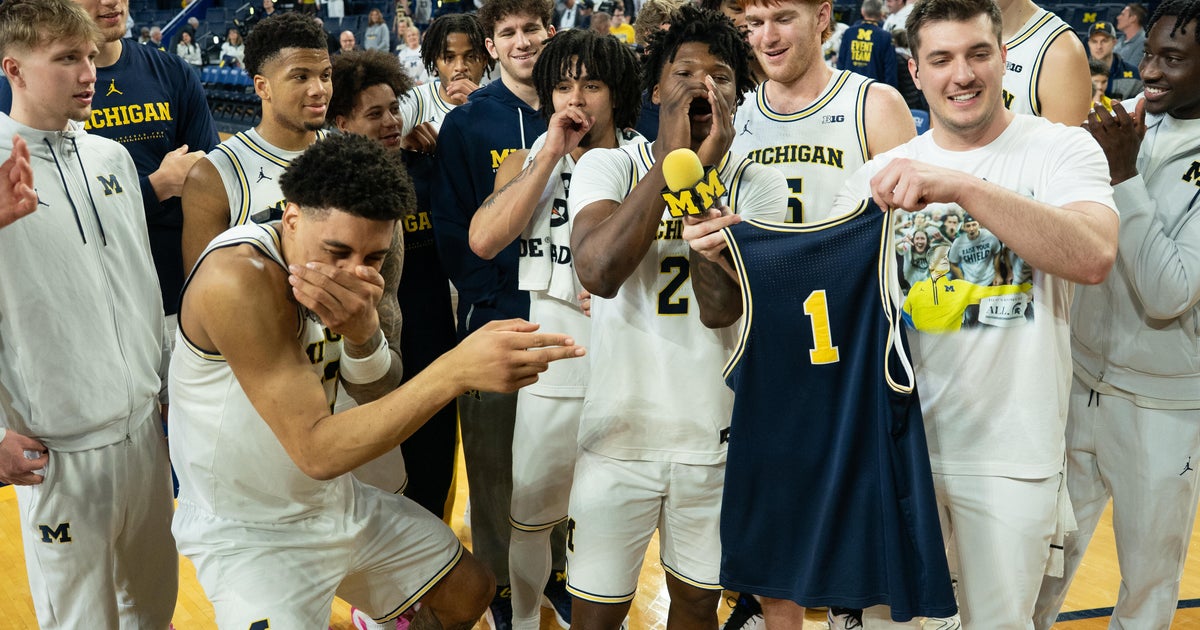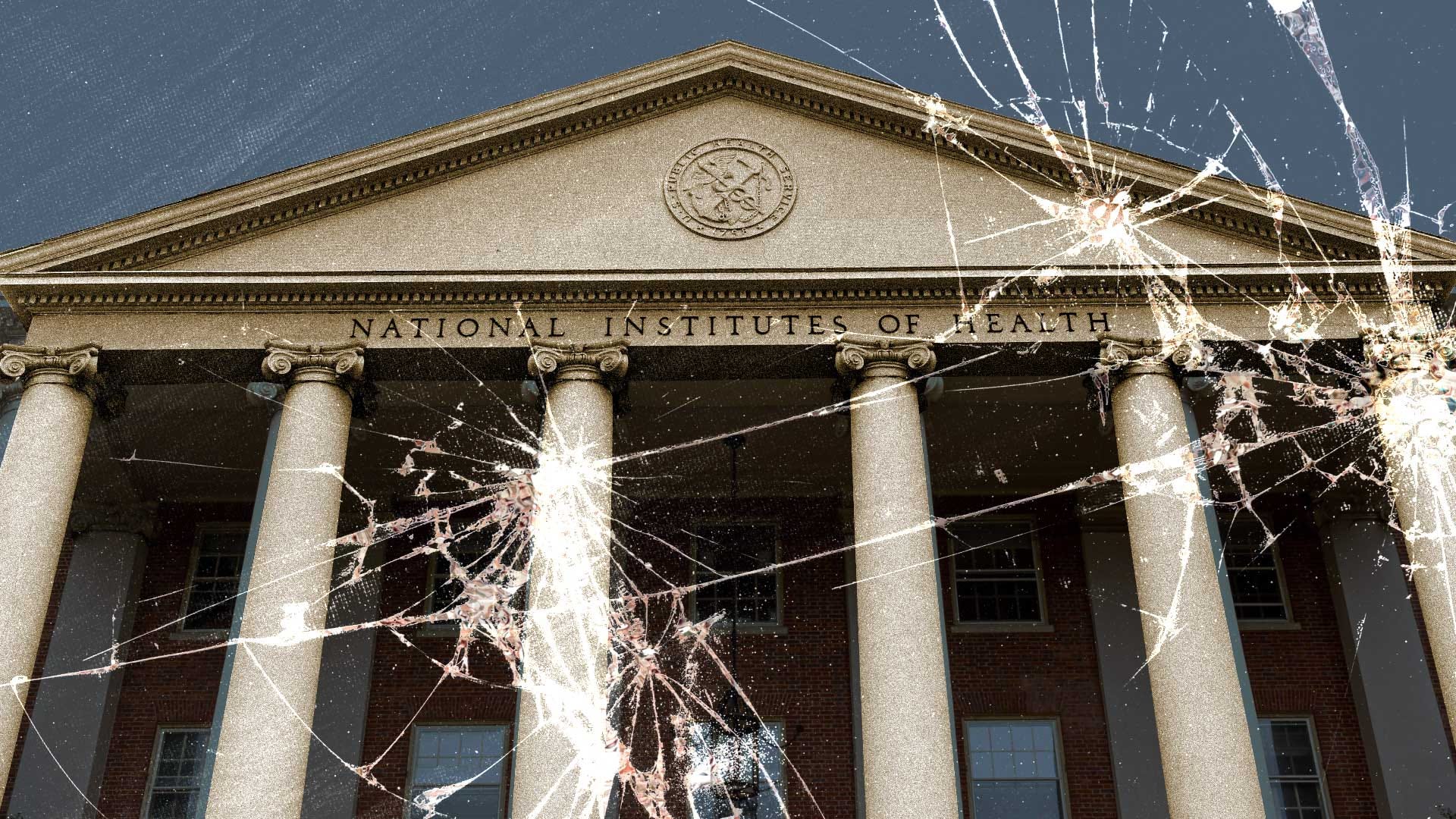Vaccine expert and whistleblower Rick Bright resigns from federal government
Vaccine expert and whistleblower Rick Bright on Tuesday resigned from the federal government, his attorneys announced in a statement. Earlier this year, Bright was removed from a top position at the Department of Health and Human Services.
Bright, a high-ranking scientist, has said the Trump administration's response to the coronavirus pandemic has been slow and chaotic, prioritizing politics over science. Bright earlier this year filed a whistleblower complaint running over 300 pages.
Now, Bright has submitted his resignation to the National Institutes of Health effective immediately and has filed an updated complaint with the Office of Special Counsel alleging constructive discharge based on the failure of NIH leadership to assign him meaningful work, according to Bright's lawyers.
"Dr. Bright was forced to leave his position at NIH because he can no longer sit idly by and work for an administration that ignores scientific expertise, overrules public health guidance and disrespects career scientists, resulting the in the sickness and death of hundreds of thousands of Americans," his attorneys, Debra Katz and Lisa Banks, said in a statement.
"After having his work suppressed for political reasons to the detriment of public health and safety, Dr. Bright was sidelined from doing any further work to combat this deadly virus," their statement continued. "This was the proverbial straw that broke the camel's back. He can no longer countenance working for an administration that puts politics over science to the great detriment of the American people."
Before his transfer, Bright led the Biomedical Advanced Research and Development Authority, which oversees vaccine development. Bright told CBS News earlier this year that his sense of urgency in the early days of coronavirus was not shared by all.
"I believe my concerns were shared by other scientists in the government. And I believe the NIH was also moving very quickly to start some research in developing a vaccine and starting a clinical trial for an antiviral drug," he said. "What struck me though was my sense of urgency didn't seem to prevail across all of HHS."



